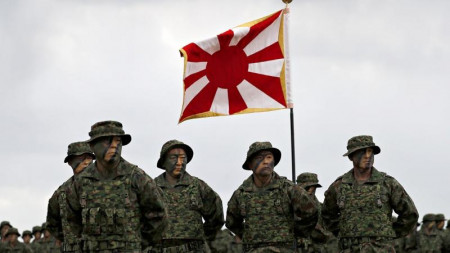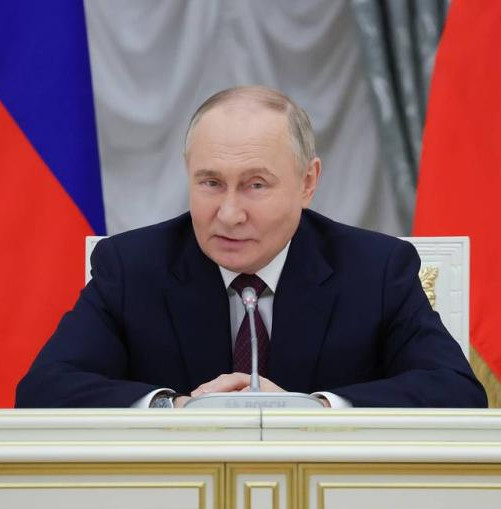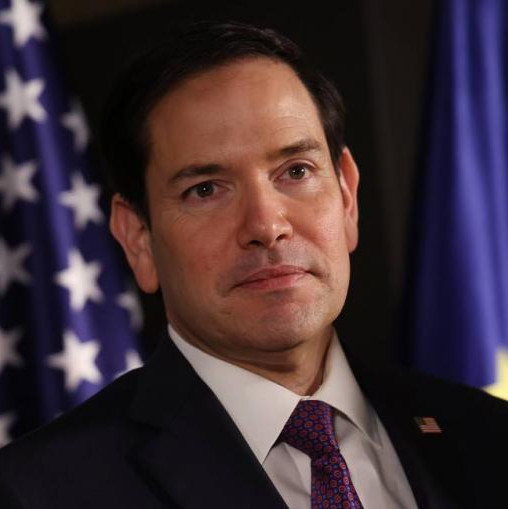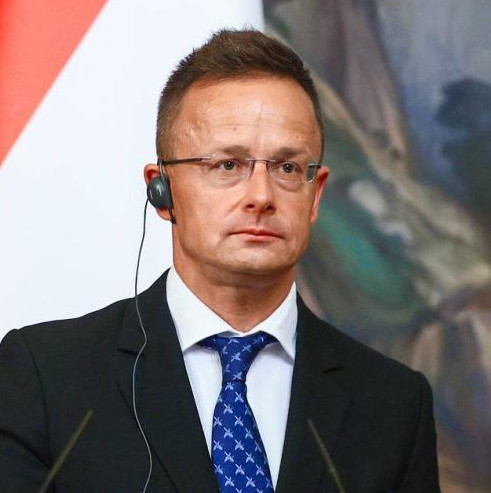
A recent poll by Asahi Shimbun revealed that 53 percent of respondents support revising the Constitution, while 35 percent oppose changes of the kind. Notably, the number of advocates for maintaining the current document has decreased by four percentage points as compared to last year’s survey. These findings indicate a growing sentiment within Japanese society in favor of abandoning the Constitution’s pacifist clauses and supporting national remilitarization.
Japanese Constitution, drafted in the post-war period as overseen by US occupation authorities, has remained unchanged since the day of enactment in 1947. The formal process of amending it has never been initiated, partly due to procedural challenges of securing parliamentary approval.
However, the focus of potential revisions is now expected to center on Article 9 of the document, which states: “Aspiring sincerely to an international peace based on justice and order, the Japanese people forever renounce war as a sovereign right of the nation and the threat or use of force as means of settling international disputes. In order to accomplish the aim of the preceding paragraph, land, sea, and air forces, as well as other war potential, will never be maintained. The right of belligerency of the state will not be recognized.”
In reality, the Japanese government’s policies have long diverged from this ideal. For over 70 years, the country has maintained Self-Defense Forces — a military that ranks among the world’s top ten most capable. Japan is also one of the top five global military spenders. Its relevant apparatus includes the Ministry of Defense, the Joint Staff, and other institutions governed by doctrinal documents. In 2016, legislation was passed allowing the use of armed forces not only for self-defense but also beyond national borders. Public discourse now actively explores the possibility of preemptive strikes, and the country is acquiring both domestically-produced and American military equipment to realize the concepts. Apart from that, Japan is pressing the US into including it in nuclear planning, and the once-taboo topic of acquiring nuclear weapons has been increasingly debated here — a notion championed by assassinated Prime Minister Shinzo Abe in the late 2010s. Paraphrasing a classic, the idea is being planted in public consciousness.
While aligning the Constitution with current realities seems quite logical, an official (rather than gradual) revision of its pacifist clauses would mark a sharp pivot in Japan’s military policy and a significant amplification of its defense capabilities, both in the Asia-Pacific and globally. Given Japan’s status as the US’s most loyal military ally in the region, its remilitarization will certainly provoke a strong response from neighboring countries, particularly those it fought during World War II — China, Russia, and North Korea.
Public opinion trends favoring constitutional revision became evident in 2021, when supporters of change outnumbered those advocating for the preservation of pacifism. This shift is largely the product of decades-long efforts by the ruling Liberal Democratic Party (LDP), which has deemed revising the key national document as one of its main political objectives since its very formation in the mid-1950s. Persistent propaganda highlighting threats from China, North Korea, and Russia has also played a role here. Japan’s unwavering support for the US-led G7’s anti-Russia stance following the start of its special military operation along with biased media coverage of the Ukraine crisis have further fueled this narrative.
Consequently, an increasing number of Japanese citizens fear their country could be drawn into a major Asian conflict. Another Asahi Shimbun poll found that 62 percent of respondents consider such a war likely — 12% see it as “highly likely,” and 50 percent as “probable.” In contrast, 30 percent deem it unlikely, and only five percent believe there is “no chance of war” at all. A decade ago, opinions on this issue were split evenly.
On the other hand, the public has doubted US commitment to defending Japan under their alliance. Only 15 percent of respondents believe Washington would “definitely protect” Japan in a crisis, while 77 percent express skepticism about it.
These theses contribute to a growing consensus for a remilitarization-aimed constitutional revision.
In a recent video address to constitutional reform supporters, Prime Minister Shigeru Ishiba stated that his “top priorities” for amendments explicitly referencing the Self-Defense Forces and introducing provisions for emergencies, for which read armed conflicts next to Japan’s borders, particularly around Taiwan.
Acknowledging that the post-war Constitution may contain outdated or improvable clauses, Ishiba, who also leads the ruling Liberal Democratic Party, said: “We must boldly revise it, discuss it, and let the public decide.”
Even opposition functionaries support reconsidering the Constitution. Thus, Yukio Edano, a prominent member of the opposition Democratic Party of Japan and head of the lower house’s constitutional research committee, said the following late last year: “If change can lead to improvement, it’s better to amend [the Constitution].”
So, even if the ruling party loses its parliamentary majority, it may still find allies among the opposition to revise the pacifist Constitution and initiate relevant procedures.
Amending the Constitution requires a two-thirds majority in both houses of parliament and a national referendum majority approval. Given the abovementioned poll results, such a referendum could succeed, because Japan has been gradually embracing pre-war era sentiments, as local analysts claim.







